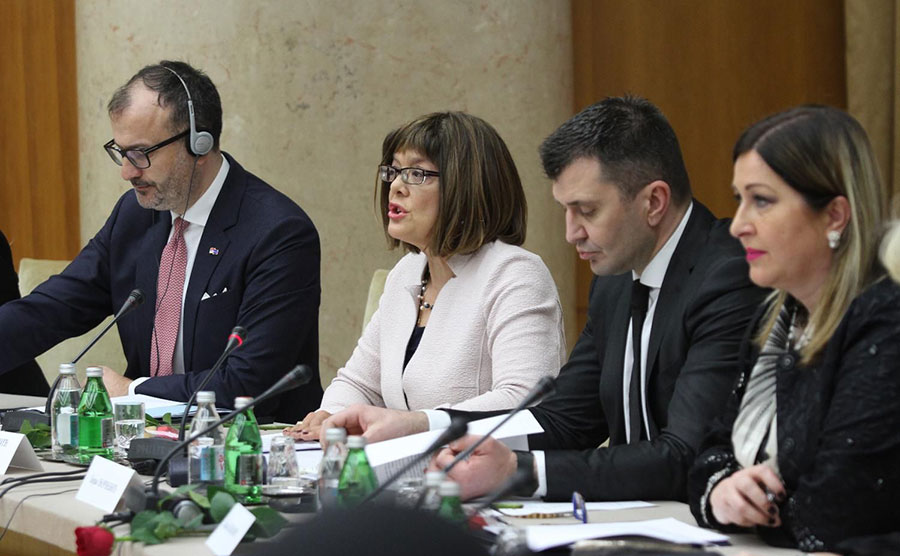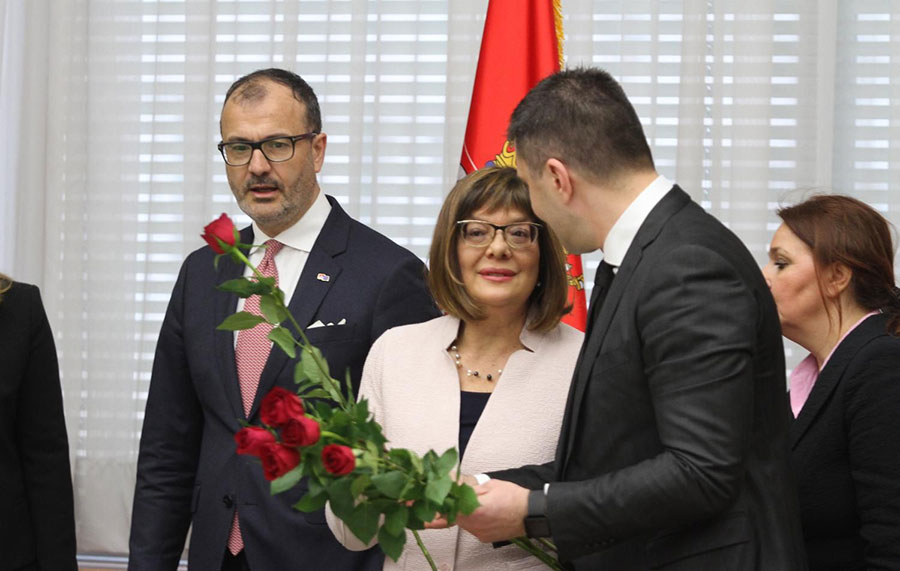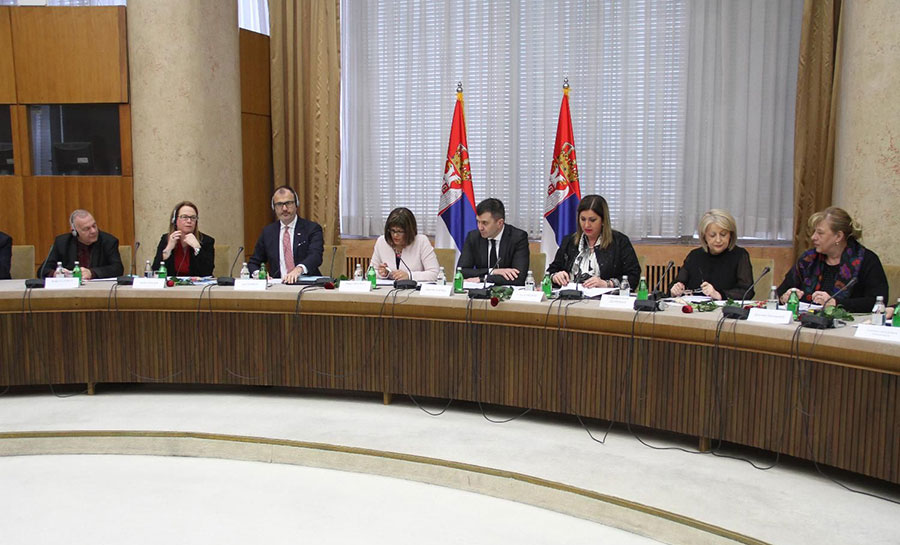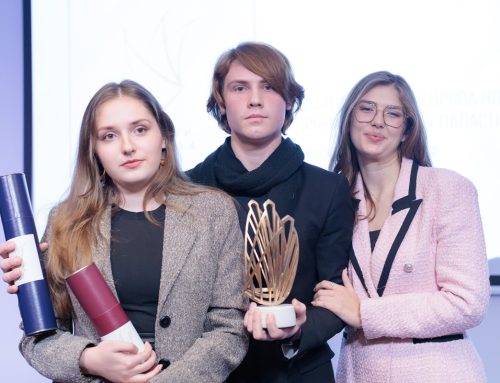New law on gender equality should be adopted by the end of 2018 and I think that it has to undergo regular parliamentary procedure, said Speaker of the National Assembly of Serbia Maja Gojkovic at the event dedicated to the International Women’s Day.
Addressing the conference Women from rural areas – equal citizens of Serbia, Gojkovic said that rural areas in Serbia were facing numerous challenges – poverty, underdevelopment, lack of proper road infrastructure and access to health care as well as the issue of migration and rural area population drain.
In conditions as such, women find themselves in a particularly difficult position, she said, adding that many surveys show that they are often times overwhelmed with household chores and are left without adequate health care, devoting little or no time to themselves.

FoNet
Domestic violence is another critical issue affecting all women in Serbia, Gojkovic said.
“By adopting and properly enforcing the law against domestic violence I believe we can encourage women to report violence and assure them that they will receive protection from relevant institutions,” Gojkovic said.
Data gathered by international organisations, the UN in particular, show that 7 out 10 persons who are starving are women, despite the fact that they are responsible for the half of global food production, said Head of the EU Delegation to Serbia Sem Fabrizi, adding that in certain countries the percentage goes up to 80.
Women own less than 50 per cent of land and 2 per cent of all assets, EU Ambassador said, adding that they nevertheless do two thirds of all jobs, with only 10 per cent of them receiving income.
Fabrizi said that the EU strongly supported Serbian Government’s efforts to improve the status of women in rural areas, citing the recently launched IPARD project worth EUR145 million as one of the examples of said support.
Two out of seven actions within the project deal with encouraging women entrepreneurship in rural areas Fabrizi said.
The EU supports the adoption of law on gender equality, he said.
Head of the regional UN Women Office Sabine Freizer said that women in the region shared many issues with women in North America and the rest of Europe.
Women are less paid than men for the same work and they receive zero income for household work, Freizer said, adding that women in Italy receive up to three times less money than men for the same work.

FoNet
Minister without portfolio Slavica Djukic Dejanovic recalled the projects funded by the department of demography and population policy in 15 municipalities in Serbia and the data concerning women in rural areas.
10 per cent of them have received elementary education, 17 per cent of them manage farms, half of them are over 65 years of age and a third of them are widows, she noted.
According to Minister of Labour, Employment, Veteran and Social Affairs Zoran Djordjevic, the law on gender equality is under preparation and should in a short time be submitted to the Parliament.




